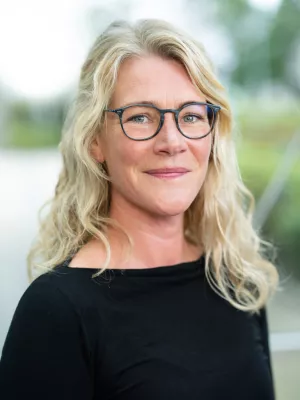Harmonization at the costs of context-orientation - framing and scaling the crisis in Swedish Baltic Sea fisheries
Författare
Summary, in English
The crisis in fisheries, both in Sweden, Europe and globally, has for decades been a central topic for discussion among stakeholders with different perspectives. However, to regulate a problem and give the policy-making a proper target, there is a need for a common understanding of the problem. Inspired by Maarten Hajer, it is argued that discourses on environmental problems include story-lines and narratives on social reality which provide actors with a set of symbolic references that suggest a common understanding of a problem. Environmental conflicts then are not primary about what should be done, what are the solutions, but rather a conflict over the meaning of physical and social phenomena. By doing a discourse analysis and using politics of scale as a framework, this study seeks to explore the storylines that are defining the crisis in Swedish Baltic Sea fisheries; how authoritative narratives have developed, how scalar strategies have been used and how social power is exercised within this context. The analysis shows that dominating storylines such as ‘overcapacity’ and ‘need’ for transferable quotas, are mainly focusing on the economic and ecologic pillars of sustainability. Further, the storylines are based on upscaled strategies used to fit an EU harmonization-project and reduce complexity in fisheries management. Yet, reducing complexity occurs at the expense of social aspects such as context-oriented challenges and needs in coastal communities. This paper argues that if social aspects of sustainability such as viable coastal communities with local-based fisheries is a goal for Swedish and European fisheries management, it is necessary to open the discourse, re-order the understanding of the crisis and include storylines and strategies that are less upscaled, less harmony-oriented, and instead invite the more local-oriented framing and scaling of the crisis.



